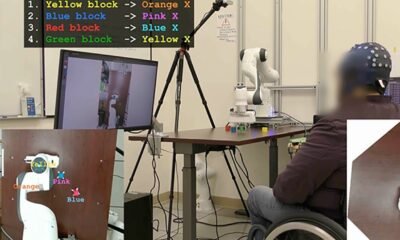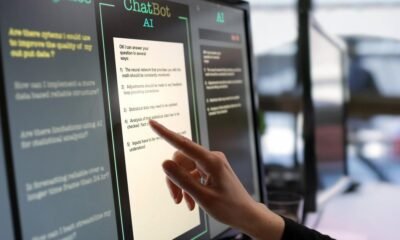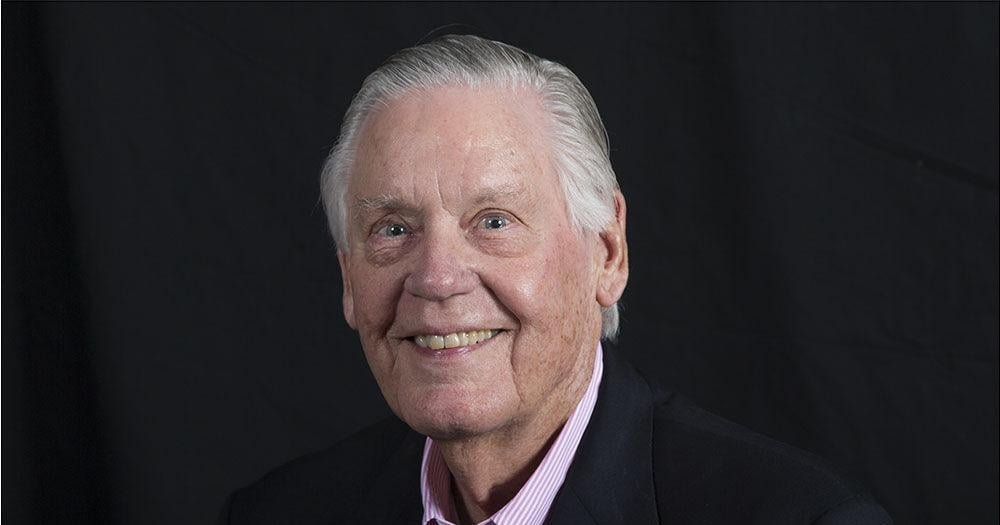AI Research
Meet Indian-origin Akshay Jagadeesh, new research resident at OpenAI
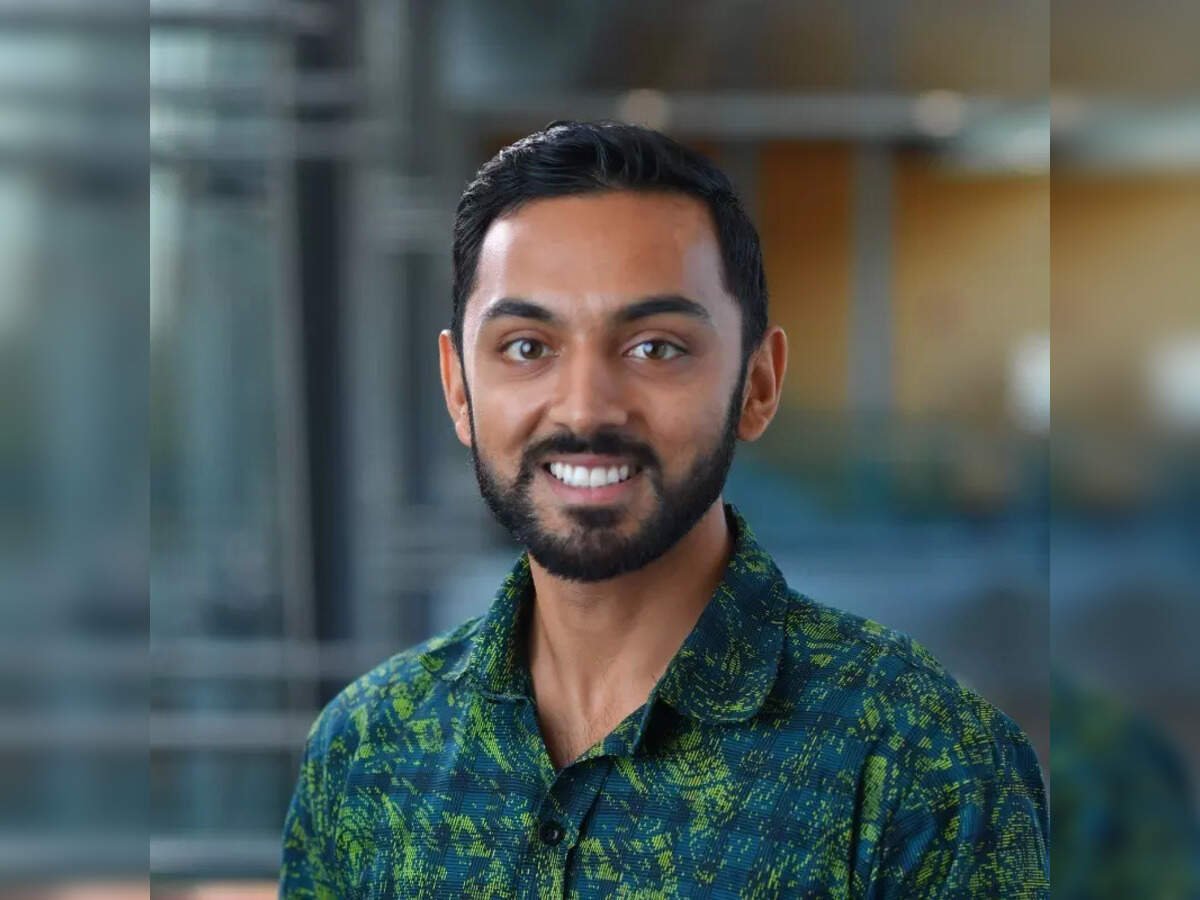
In a post on X announcing his new role at the artificial intelligence platform, Jagadeesh said, “I’m thrilled to share that I’ve joined @OpenAI as a research resident, focusing on safety research and AI for health.”
“After nearly 10 years studying the brain, I’m excited for this next chapter building AGI to accelerate medical progress and scientific research! #feeltheagi,” he added.
Brief background
According to Jagadeesh’s LinkedIn profile, he joined OpenAI in August. Prior to this, he was a postdoctoral research fellow at Harvard Medical School.
Jagadeesh has spent almost a decade studying and researching different streams of neuroscience. He holds a Bachelor of Arts (B.A.) degree in computer science and cognitive science from the University of California, Berkeley. After post-graduation, he worked as a software engineering intern at edX and Nutanix.
This was followed by stints as a research assistant at Bernstein Network Computational Neuroscience in Germany and D’Esposito Lab in the US. Lastly, he took a doctorate in computational neuroscience and psychology at Stanford University. “My research examined how the human brain transforms sensory inputs into the rich perceptual experience that we use to guide behaviour,” he explained on his LinkedIn profile.
What will he do at OpenAI?
As Jagadeesh has a deep understanding of the human brain and neuroscience, he will be exploring two things:
- Advancing safety research to ensure AI systems are reliable and aligned
- Exploring how AI can accelerate progress in health and medicine
Jagadeesh’s appointment comes at a time of intensifying talent war in the US tech industry. After Meta, OpenAI has poached four top engineers from rival firms led by Elon Musk and Mark Zuckerberg, according to a Wired report.
ChatGPT parent, OpenAI, has hired David Lau, former vice president of software engineering at Tesla, for its scaling team, per the report. The company has also onboarded Uday Ruddarraju, the former head of infrastructure engineering at xAI and X; Mike Dalton, an infrastructure engineer from xAI; and Angela Fan, an AI researcher from Meta.
AI Research
Spotlab.ai hiring AI research scientist for multimodal diagnostics and global health
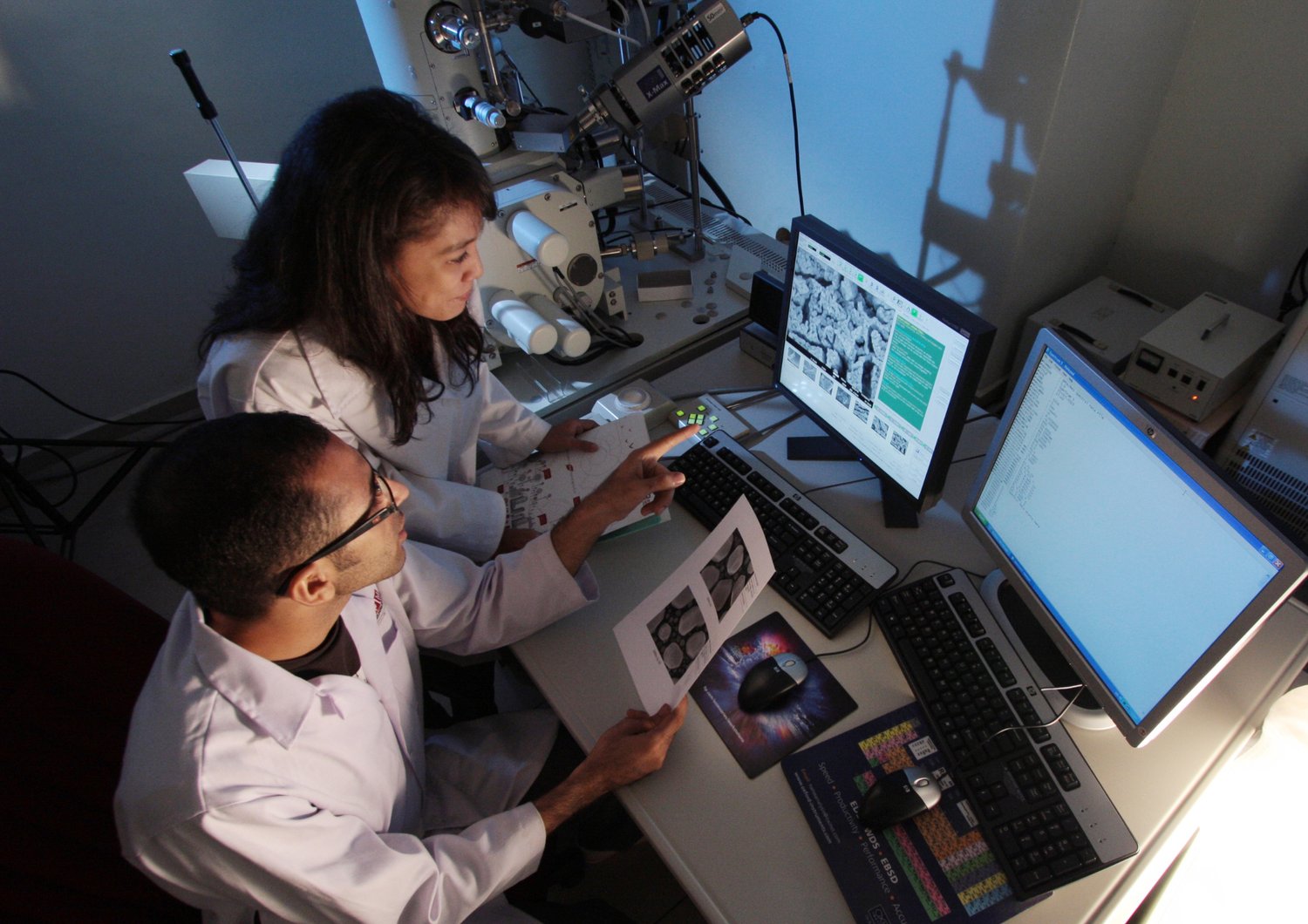
In a LinkedIn post, Miguel Luengo-Oroz, co-founder and CEO of Spotlab.ai, confirmed the company is hiring an Artificial Intelligence Research Scientist. The role is aimed at early career researchers, postdoctoral candidates, and recent PhD graduates in AI.
Luengo-Oroz writes: “Are you a young independent researcher, postdoc, just finished your PhD (or on the way there) in AI and wondering what’s next? If you’re curious, ready to tackle tough scientific and technical challenges, and want to build AI for something that matters, this might be for you.”
Spotlab.ai targets diagnostics role with new hire
The position will focus on building and deploying multimodal AI solutions for diagnostics and biopharma research. Applications include blood cancers and neglected tropical diseases.
The scientist will be expected to organize and prepare biomedical datasets, train and test AI models, and deploy algorithms in real-world conditions. The job description highlights interaction with medical specialists and product managers, as well as drafting technical documentation. Scientific publications are a priority, with the candidate expected to contribute across the research cycle from experiment planning to peer review.
Spotlab.ai is looking for candidates with experience in areas such as biomedical image processing, computer vision, NLP, video processing, and large language models. Proficiency in Python and deep learning frameworks including TensorFlow, Keras, and PyTorch is required, with GPU programming experience considered an advantage.
Company positions itself in global health AI
Spotlab.ai develops multimodal AI for diagnostics and biopharma research, with projects addressing gaps in hematology, infectious diseases, and neglected tropical diseases. The Madrid-based startup team combines developers, engineers, doctors, and business managers, with an emphasis on gender parity and collaboration across disciplines.
CEO highlights global mission
Alongside the job listing, Luengo-Oroz underscored the company’s broader mission. A former Chief Data Scientist at the United Nations, he has worked on technology strategies in areas ranging from food security to epidemics and conflict prevention. He is also the inventor of MalariaSpot.org, a collective intelligence videogame for malaria diagnosis.
Luengo-Oroz writes: “Take the driver’s seat of our train (not just a minion) at key stages of the journey, designing AI systems and doing science at Champions League level from Madrid.”
AI Research
YARBROUGH: A semi-intelligent look at artificial intelligence – Rockdale Citizen
AI Research
Rice University creative writing course introduced Artificial Intelligence, AI
Courtesy Brandi Smith
Rice is bringing generative artificial intelligence into the creative writing world with this fall’s new course, “ENGL 306: AI Fictions.” Ian Schimmel, an associate teaching professor in the English and creative writing department, said he teaches the course to help students think critically about technology and consider the ways that AI models could be used in the creative processes of fiction writing.
The course is structured for any level of writer and also includes space to both incorporate and resist the influence of AI, according to its description.
“In this class, we never sit down with ChatGPT and tell it to write us a story and that’s that,” Schimmel wrote in an email to the Thresher. “We don’t use it to speed up the artistic process, either. Instead, we think about how to incorporate it in ways that might expand our thinking.”
Schimmel said he was stunned by the capabilities of ChatGPT when it was initially released in 2022, wondering if it truly possessed the ability to write. He said he found that the topic generated more questions than answers.
The next logical step, for Schimmel, was to create a course centered on exploring the complexities of AI and fiction writing, with assigned readings ranging from New York Times opinion pieces critical of its usage to an AI-generated poetry collection.
Schimmel said both students and faculty share concerns about how AI can help or harm academic progress and potentially cripple human creativity.
“Classes that engage students with AI might be some of the best ways to learn about what these systems can and cannot do,” Schimmel wrote. “There are so many things that AI is terrible at and incapable of. Seeing that firsthand is empowering. Whenever it hallucinates, glitches or makes you frustrated, you suddenly remember: ‘Oh right — this is a machine. This is nothing like me.”
“Fear is intrinsic to anything that shakes industry like AI is doing,” Robert Gray, a Brown College senior, wrote in an email to the Thresher. “I am taking this class so that I can immerse myself in that fear and learn how to navigate these new industrial landscapes.”
The course approaches AI from a fluid perspective that evolves as the class reads and writes more with the technology, Schimmel said. Their answers to the complex ethical questions surrounding AI usage evolve with this.
“At its core, the technology is fundamentally unethical,” Schimmel wrote. “It was developed and enhanced, without permission, on copyrighted text and personal data and without regard for the environment. So in that failed historical context, the question becomes: what do we do now? Paradoxically, the best way for us to formulate and evidence arguments against this technology might be to get to know it on a deep and personal level.”
Generative AI is often criticized for its ethicality, such as the energy output and water demanded for its data centers to function or how the models are trained based on data sets of existing copyrighted works.
Amazon and Google-backed Anthropic recently settled a class-action lawsuit with a group of U.S. authors who accused the company of using millions of pirated books to train its Claude chatbot to respond to human prompts.
With the assistance of AI, students will be able to attempt large-scale projects that typically would not be possible within a single semester, according to the course overview. AI will accelerate the writing process for drafting a book outline, and students can “collaborate” with AI to write the opening chapters of a novel for NaNoWriMo, a worldwide writing event held every November where participants would produce a 50,000-word first draft of a novel.
NaNoWriMo, short for National Novel Writing Month, announced its closing after more than 20 years in spring 2025. It received widespread press coverage for a statement released in 2024 that said condemnation of AI in writing “has classist and ableist undertones.” Many authors spoke out against the perceived endorsement of using generative AI for writing and the implication that disabled writers would require AI to produce work.
Each weekly class involves experimentation in dialogues and writing sessions with ChatGPT, with Schimmel and his students acknowledging the unknown and unexplored within AI and especially the visual and literary arts. Aspects of AI, from creative copyrights to excessive water usage to its accuracy as an editor, were discussed in one Friday session in the Wiess College classroom.
“We’re always better off when we pay attention to our attention. If there’s a topic (or tech) that creates worry, or upset, or raises difficult questions, then that’s a subject that we should pursue,” Schimmel wrote. “It’s in those undefined, sometimes uncomfortable places where we humans do our best, most important learning.”
-

 Business2 weeks ago
Business2 weeks agoThe Guardian view on Trump and the Fed: independence is no substitute for accountability | Editorial
-
Tools & Platforms4 weeks ago
Building Trust in Military AI Starts with Opening the Black Box – War on the Rocks
-

 Ethics & Policy1 month ago
Ethics & Policy1 month agoSDAIA Supports Saudi Arabia’s Leadership in Shaping Global AI Ethics, Policy, and Research – وكالة الأنباء السعودية
-

 Events & Conferences4 months ago
Events & Conferences4 months agoJourney to 1000 models: Scaling Instagram’s recommendation system
-

 Jobs & Careers2 months ago
Jobs & Careers2 months agoMumbai-based Perplexity Alternative Has 60k+ Users Without Funding
-

 Podcasts & Talks2 months ago
Podcasts & Talks2 months agoHappy 4th of July! 🎆 Made with Veo 3 in Gemini
-

 Education2 months ago
Education2 months agoMacron says UK and France have duty to tackle illegal migration ‘with humanity, solidarity and firmness’ – UK politics live | Politics
-

 Education2 months ago
Education2 months agoVEX Robotics launches AI-powered classroom robotics system
-

 Funding & Business2 months ago
Funding & Business2 months agoKayak and Expedia race to build AI travel agents that turn social posts into itineraries
-

 Podcasts & Talks2 months ago
Podcasts & Talks2 months agoOpenAI 🤝 @teamganassi






